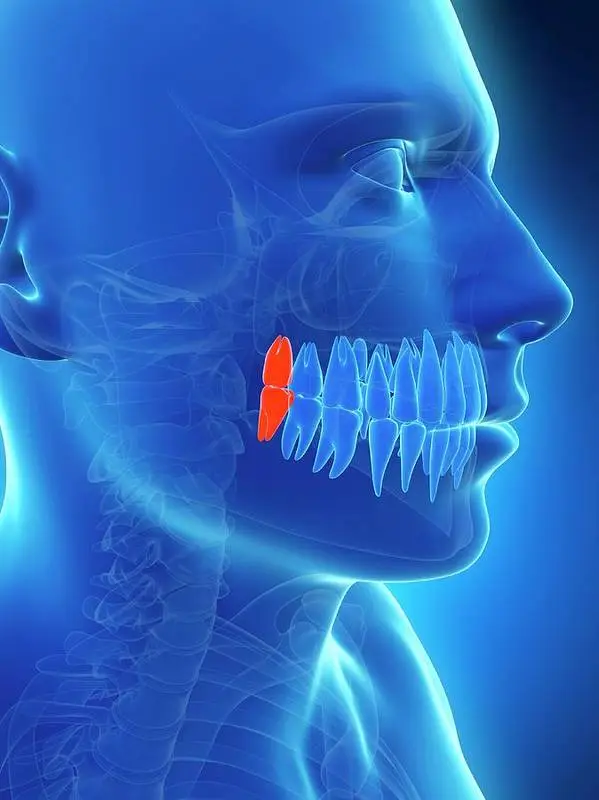
Wisdom tooth extraction is a surgical procedure to remove one or more wisdom teeth.
Why Iran?
People who want to have dental procedures such as wisdom tooth extraction can find travel to Iran easy.
Due to the availability of first-class hospitals and clinics, as well as skilled physicians, Iran's medical services are renowned.
Various factors, including policy, contribute to the poor performance of Iran's currency against the dollar.
Therefore, you will be able to get the best medical care at a great price.
WHY ARIANA MEDICARE TOUR SERVICES?
You may suffer some difficulties as a foreigner. Ariana Medicare Tour Services will guide you through the trip, from getting a visa, airport check, translator, transportation, accommodation, setting up a clinic and anything else you may need during your stay in Iran. Contact us right now and get a free consultation about the price of tooth extraction and get your quotation.
With dental x-rays and regular dental appointments, your dentist can monitor the progress of wisdom teeth. Wisdom teeth are extracted to correct a current problem or to prevent any problems that may arise in the future. Here are some common problems with wisdom teeth:
In each case, it is up to the dentist to decide whether to remove the teeth that are already problematic or to prevent such complications while the teeth are still asymptomatic.
Before planning an operation, your dentist will order an x-ray of your teeth. People who are pregnant or have a chronic illness should tell their dentist. Patients with a weakened immune system or a history of serious illness (such as damaged or replaced heart valves, liver disease, joint replacement, or bacterial endocarditis) are often prescribed antibiotics before and after surgery. Patients should not smoke for at least 24 hours before surgery.
Wisdom teeth can be extracted in different ways. This decision is based on whether the teeth have protruded or are still hidden in the jawbone. Wisdom teeth that have already erupted can be easily extracted with local anesthesia like other teeth
.
If the wisdom tooth is still in the jawbone, the dentist or oral surgeon should cut the layers of tissue that cover the wisdom tooth. Bones and mucous membranes are removed. To destroy wisdom teeth, they cut the teeth into pieces in their cave. The wound is sutured at the end. This procedure can also be done under local anesthesia. However, general anesthesia may be recommended if more wisdom teeth are extracted or if the patient is afraid of noise and pain during the operation.
The stitches usually last 7 to 10 days before they can be removed. During this period, regular examinations are performed to monitor wound healing.
This procedure takes about 20 minutes for one tooth and can take more than an hour if all four wisdom teeth are removed. Wisdom teeth embedded in the jaw, which need to be prepared through layers of tissue, take much longer than extraction of wisdom teeth visible with forceps.
Impacted wisdom teeth don't always cause symptoms. However, when an impacted wisdom tooth becomes infected, damages other teeth or causes other dental problems, you may experience some of these signs or symptoms:
See your dentist if you experience symptoms in the area behind your last molar that may be associated with an impacted wisdom tooth.
Wisdom teeth (third molars) become impacted because they don't have enough room to come in (erupt) or develop normally.Wisdom teeth usually emerge sometime between the ages of 17 and 25. Some people have wisdom teeth that emerge without any problems and line up with the other teeth behind the second molars. In many cases, however, the mouth is too crowded for third molars to develop normally. These crowded third molars become trapped (impacted).An impacted wisdom tooth may partially emerge so that some of the crown is visible (partially impacted), or it may never break through the gums (fully impacted). Whether partially or fully impacted, the tooth may:
Impacted wisdom teeth can cause several problems in the mouth:
You can't keep an impaction from occurring, but keeping regular six-month dental appointments for cleaning and checkups enables your dentist to monitor the growth and emergence of your wisdom teeth. Regularly updated dental X-rays may indicate impacted wisdom teeth before any symptoms develop.
You'll likely need your impacted wisdom tooth pulled if it results in problems such as:
Dental specialists disagree about the value of extracting impacted wisdom teeth that aren't causing problems (asymptomatic).
It's difficult to predict future problems with impacted wisdom teeth. However, here's the rationale for preventive extraction:
Your dentist may perform the procedure in the office. However, if your tooth is deeply impacted or if the extraction requires an in-depth surgical approach, your dentist may suggest you see an oral surgeon. In addition to making the area numb with local anesthetic, your surgeon may suggest sedation to allow you to be more comfortable during the procedure.
A wisdom tooth extraction is almost always performed as an outpatient procedure. This means that you go home the same day.
You'll receive instructions from the hospital or dental clinic staff on what to do before the surgery and the day of your scheduled surgery. Ask these questions:
Your dentist or oral surgeon may use one of three types of anesthesia, depending on the expected complexity of the wisdom tooth extraction and your comfort level. Options include :
If you receive sedation anesthesia or general anesthesia, you're taken to a recovery room after the procedure. If you have local anesthesia, your brief recovery time is likely in the dental chair. As you heal from your surgery, follow your dentist's instructions on :
To inquire about the customized package, kindly contact us via email, WhatsApp, telegram ,or online chat. The above packages are customizable to fit different budgets. In addition, the packages for other cosmetics or medical procedures will be arranged immediately upon request .
WhatsApp Contact Us